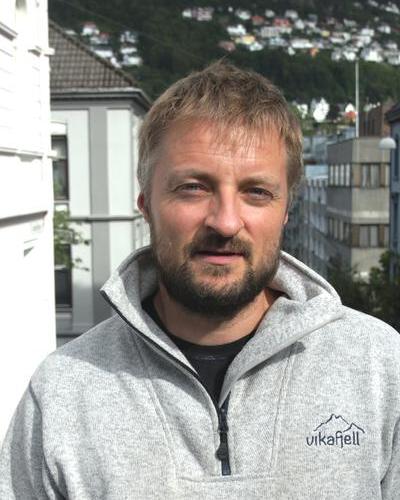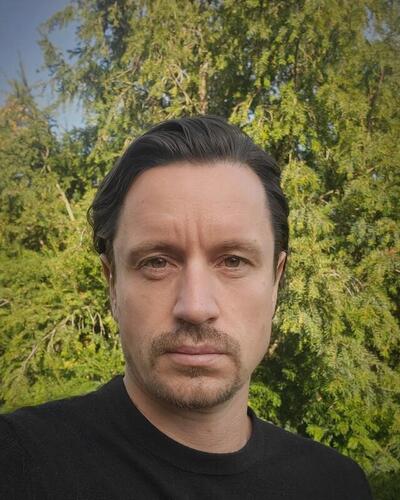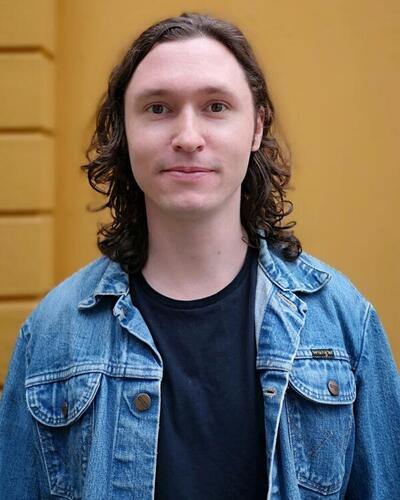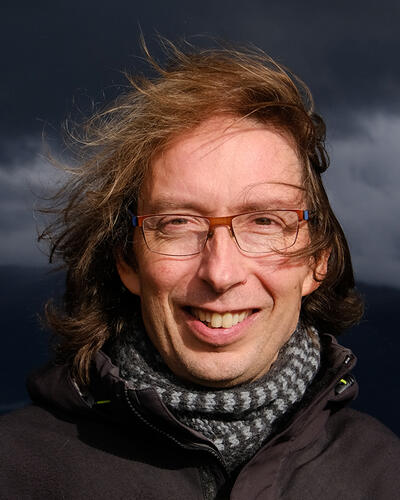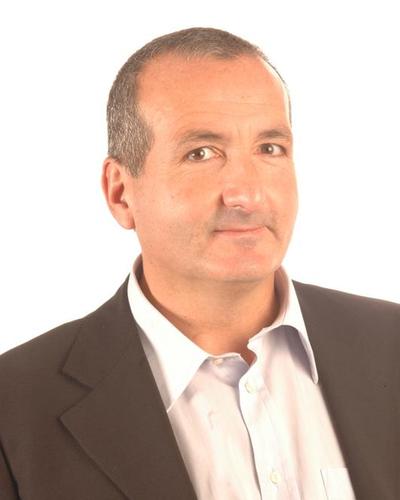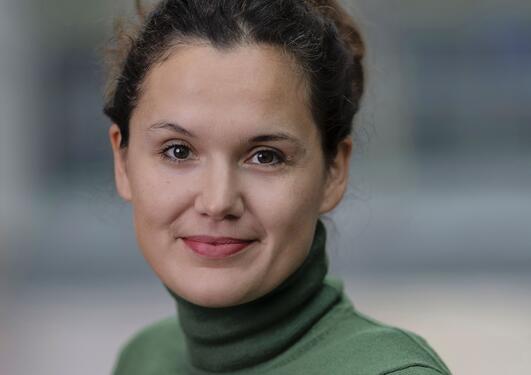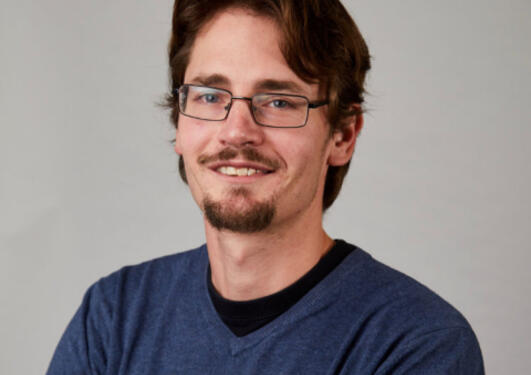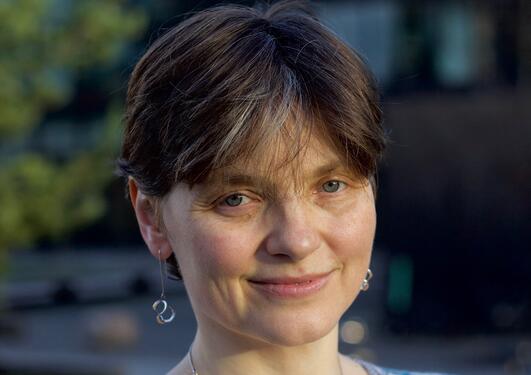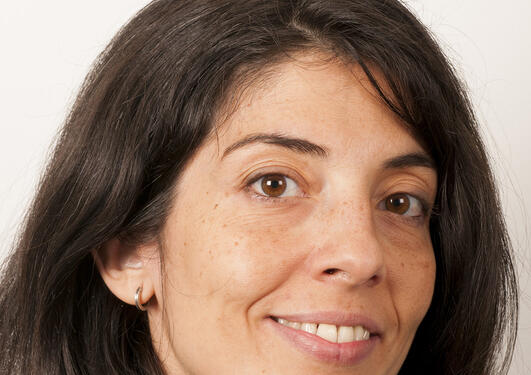People
Meet the CoPol team!

Hovedinnhold
CoPol is situated in a Norwegian setting but crucially includes the transnational constitution and enactment of contact tracing.
The project involves a team of highly competent and experienced scholars with a history of working together, coming out of science and technology studies, philosophy, law and human-computer interactions.
The project stages an interactive and interdisciplinary process through which different knowledges and institutions are brought together and contrasted. These are all implied in, and designed into, digital contact tracing, as represented by each work package: WP1 will be led by the PI, Ass. Prof. Kjetil Rommetveit, and will focus on institutions and politics; WP2 will be led by Prof. Irina Skhlovski (University of Copenhagen) and focuses on infrastructure and design; WP3 will be led by Assoc. Prof. Ana Delgado (University of Oslo) and deals with contact tracing as data practice in public health; WP4 analyzes regulatory and legal data practices, led by Prof. Niels Van Dijk (Vrije Universitait Brussels). Johannes Andresen Oldervoll and Gernot Rieder have been hired as the project's PhD and postdoctoral fellow, respectively.
CoPol's advisory board consists of Brian Wynne (Lancaster University), Bruna de Marchi (UiB), Aaro Tupasela (University of Helsinki) and Evelyn Ruppert (Goldsmiths, University of London).
Below, you'll find an overview of CoPol's team of researchers from the UiB and the partner universities Norwegian University of Science and Technology (NTNU), Vrije Universiteit Brussel, University of Copenhagen and University of Oslo.
